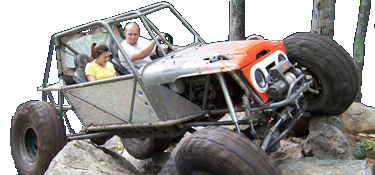- Joined
- Mar 24, 2005
- Location
- Stokesdale-Greensboro
actually...I think he has that trademarked...http://en.wikipedia.org/wiki/Michael_BufferLet's get ready to rumble........now awaiting call from Michael Buffer's attorneys
actually...I think he has that trademarked...http://en.wikipedia.org/wiki/Michael_BufferLet's get ready to rumble........now awaiting call from Michael Buffer's attorneys
Just so you are aware. What you are looking at is something submitted onto Rusty's website by a reader. Similar to other vendors who provide a mechanism to showcase "Reader's Rides" he is not creating that content, that is someone posting it up and making claims as to the ownership/content/parts used. Something very easy to do in today's cut and paste world.
And as some of you pointed out, you can take it as flattery that someone views your Ride as nice enough that they want to call it their own, or be annoyed by them for taking credit for your work.
Just be aware of who is making the claims and who is not.
You don't copyright something. As soon as something is created, it is protected by copyright laws. You don't have to file any paperwork or anything.
I can't believe it actually took till post #19 for somebody to figure that out. It was obviously posted by somebody who wanted to pretend they owned it.

Maybe I'm grossly misunderstanding something (it's happened before)...but that's not what I'm gathering from these documents and fees:
http://www.copyright.gov/docs/fees.html
And for good measure...just google non-copyrighted...you'll get pages and pages about stuff that isn't copyrighted and free for use from pics, to music, to books, etc. So just because you say something, or do something or post something, does not necessarily mean it's protected by copyright laws, unless you chose to pay the fine folks at .gov a fee and fill out some paperwork.
Copyright protection subsists from the time the work is created
in fixed form. The copyright in the work of authorship
immediately becomes the property of the author who created
the work. Only the author or those deriving their rights
through the author can rightfully claim copyright.

